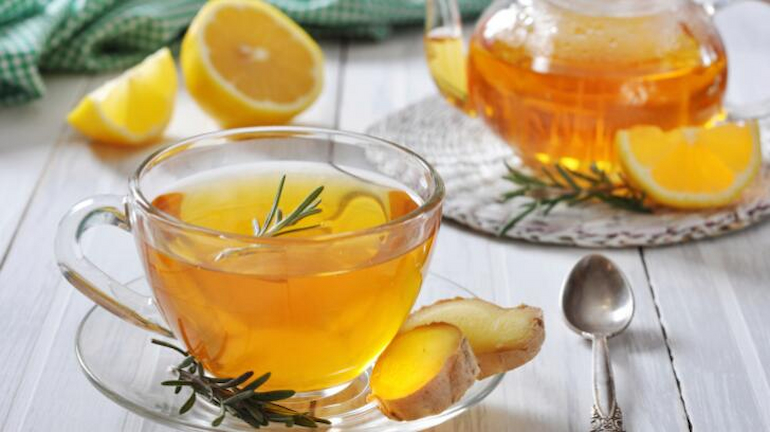Diuretics or commonly known as water pills are formulas that help your kidneys to more efficiently get rid of the extra water and salt in your body through the urine. These medications cause less total fluid in your blood vessels, resulting in lowered internal pressure. That said, they can be very beneficial for treating conditions such as high blood pressure, heart failure, kidney or liver problems and more.
What Are the Different Types of Diuretics?

Diuretic medicines can be split into a few general categories:
- Loop-acting diuretics are known to act at a specific part of your kidney called the ascending loop of Henle to increase urine production and decrease blood pressure. This type of diuretic is very helpful in emergencies.
- Potassium-sparing diuretics are intended to decrease the secretion of potassium into your urine as your body is getting rid of excess water and salt.
- Thiazide diuretics are lowering the amount of fluid and salt retention into your body and increasing urination. These diuretics are typically prescribed for long-time use and can be beneficial when struggling with high blood pressure or edema (swelling).
- Natural diuretics are dietary supplements based on herbs that naturally lead your body to get rid of excess water and salt, similarly to prescription diuretic medications.
Why You Should Consider Natural Diuretics?
You may have heard that beverages like tea and coffee can act as a diuretic. However, herbal diuretic pills are not only for sending you back and forth to the bathroom more frequently. These are natural supplements loaded with a plethora of different herbs and ingredients that prevent fluid retention much more effectively than a simple cup of coffee.
On the other hand, prescription diuretics may be more beneficial for people suffering from serious conditions. However, it doesn’t mean that you can’t reap the benefits of herbal diuretics, as they’re commonly used to help detoxify the body and may aid weight loss.
Keep in mind that different herbal diuretics may contain different natural ingredients that aren’t equally effective. For this reason, it’s always recommended to get a natural diuretic by a trusted brand for maximum kidney support. Without further ado, here’s what quality natural diuretics can do for your body:
- Since they are intended to balance the water content within your organism, these diuretics can help exercisers achieve a ripped, hard look easier, as well as make you feel lighter and more energized.
- Diuretics that contain garlic are shown to cause a significant decrease in systolic blood pressure. According to a study, garlic-based supplements had a significant effect on people who took them, compared to those who took a placebo supplement.
- Natural diuretics may aid in treating edema- abnormal accumulation of fluids in certain body tissues and lymphedema- swelling in specific body parts, typically arms and legs as a result of a blockage in a lymphatic vessel.
- They may also relieve symptoms of PMS (premenstrual syndrome), such as swelling and soreness in the breasts. Some natural diuretics may also help to treat hormonal acne.
- Some herbal diuretic supplements may help in treating cardiovascular conditions. For instance, Crataegus or hawthorn, a Chinese herb which is known as a natural diuretic is widely used for promoting heart health. According to a study, patients who consumed hawthorn-based supplements experienced an overall protective effect in the treatment of cardiovascular diseases.
What Ingredients to Look for?

As mentioned before, not all herbal diuretic supplements are created equally. Some of them contain specific types of herbs and ingredients that are shown as more effective in helping your kidneys get rid of excess salt and water. Here’re some of the most beneficial herbs found in natural diuretics:
- Taraxacum officinale or commonly known as Dandelion root can help to reduce water retention in the body and enhance the efficiency of the body’s eliminative and detoxifying function. Dandelion root is also known for its anti-inflammatory properties which can impact the entire process positively. Dandelion root in diuretic supplements is commonly found as a dandelion extract.
- Juniper berries can help to increase the urine output without loss of electrolytes. They also naturally stimulate your kidneys to move fluids faster.
- Celery seed extract is widely used in traditional herbal medicine for treating a variety of conditions. When it comes to their diuretic properties, celery seed extract can help to lower blood pressure and aid the kidneys’ function.
- Equisetum arvense or commonly known as horsetail is a traditional diuretic herb with strong antioxidant properties that can help the body get rid of excess fluids through the urine.
- Hibiscus is among the most powerful natural diuretics. According to a study, hibiscus-based diuretic supplements can help to lower blood pressure in humans who are pre or mildly hypertensive, as well as people who suffer from type 2 diabetes.
- Vitamin B balances the sodium and potassium levels in your body and increases the metabolic rate to create amino acids. Vitamin B can be very beneficial for women taking diuretics to aid premenstrual syndrome.
- Magnesium is a mineral that is essential for energy production and transportation processes in your body. Same as B vitamins, magnesium can also aid premenstrual syndrome.
Some Common Side Effects
Diuretic supplements are intended to get excess water and salt out of your body. These fluids have to go somewhere, so you can expect to visit the bathroom more often. Some diuretics may put you at the risk of getting dehydrated. If you experience a very dry mouth or constantly feel thirst, it’s recommended to consult with your doctor.
Finally, some diuretic supplements may also make you feel dizzy or lightheaded, especially when you stand up. This is due to your blood pressure dropping too low or starting to get dehydrated, and it’s also recommended to call your doctor.

